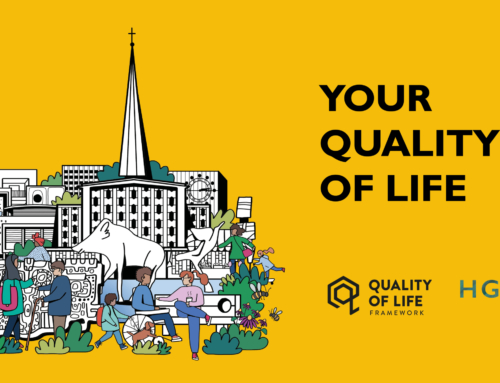Harlow and Gilston Garden Town has teamed up with sustainable travel charity Sustrans to give local residents an opportunity win a child’s bike and accessories worth up to £400.
Harlow residents who complete the Sustrans survey on how local children travel to school will be automatically entered into the regional draw.
The bike will be chosen with the height, age and gender of the child taken into account.
The travel survey takes less than five minutes to complete and will also ask parents and guardians for their views on how the daily school run can be made safer, healthier and more sustainable.
Click here to go to the Sustrans School Travel Survey.
School traffic contributes to a significant amount of journeys each day with over 40 schools in Harlow and 15,000 children attending.
School run related traffic accounts for a quarter of cars on the road on average across the UK, leading to worsening congestion, pollution, health and wellbeing.
Research shows that, nationally, about half the trips taken to and from school are completed by active modes, down from previous years and with a corresponding increase in car use.
Reports from head-teachers often cite dangerously high levels of car traffic outside schools during drop-off and pick-up times, with many cars parking dangerously and irresponsibly.
This behaviour is leading, in some instances, to injuries, posing a serious risk.
Statistics from the Department of Transport reveal that 23% of children killed on Great Britain’s roads in 2018 were after school (3-5pm) and 14% were the morning school run (7-9am).
As COVID-19 lockdown measures are eased and children return to school social distancing will be a key issue, particularly around the school gates and entrances.
Congestion and dangerous parking will reduce the space needed to socially distance increasing the risk to children, parents and staff as they enter and leave the school.
However, many of these school trips could be made by active modes, which would not only be beneficial for social distancing objectives but would also ease congestion for essential road journeys and reduce air pollution.
This survey will look to identify challenges and opportunities to school travel so schools, parents, councils and children can work together to ensure the school run is safe, healthy and sustainable.




